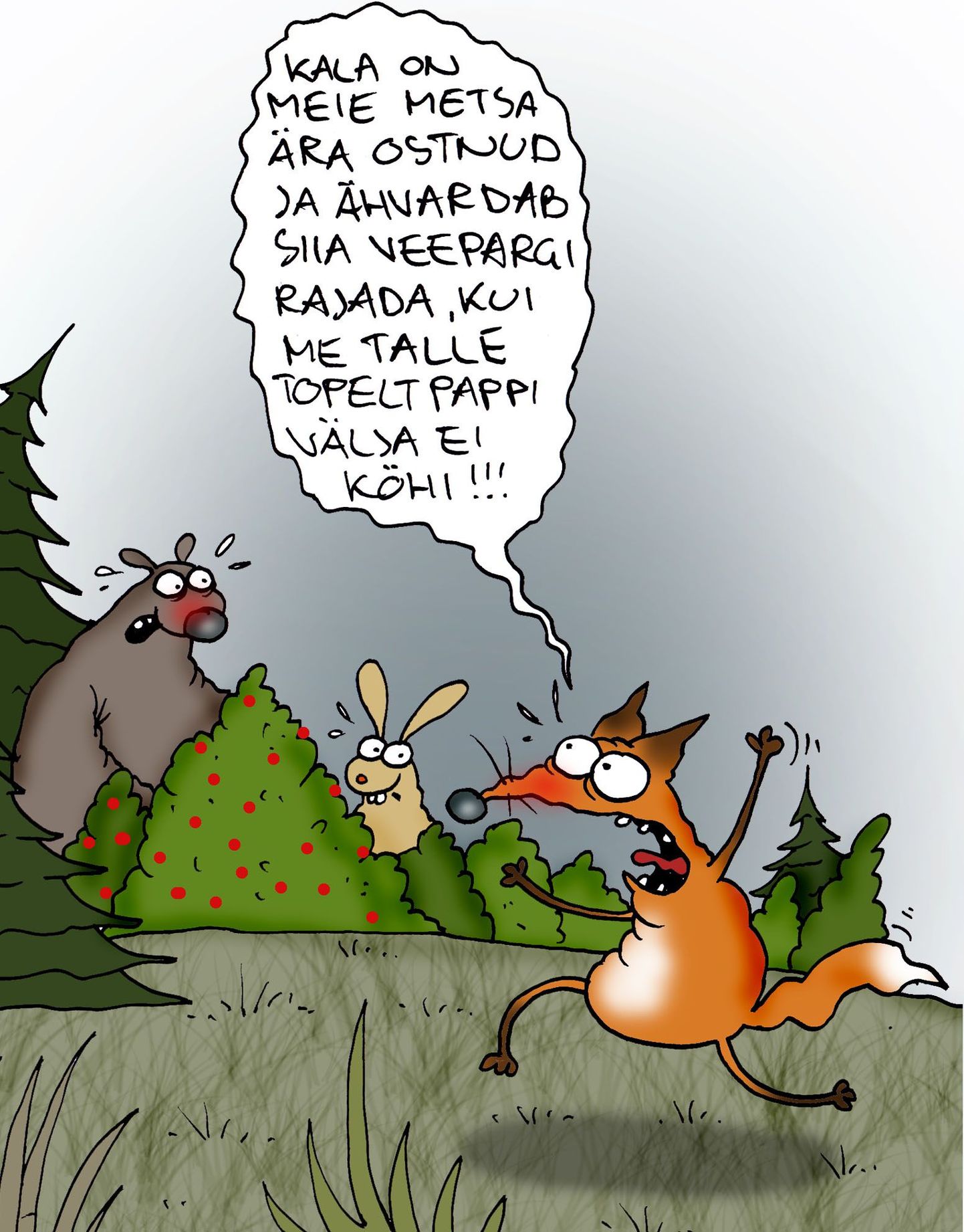The people of Estonia has won these battles and we will do everything to keep it that way, while explicitly a state based on the rule of law. Jurists, in their turn, conceder it their motto what the Ancient Roman colleague Celsus put as ius est ars boni et aequi – the law being the art of goodness and equity.
If a company expects its owners’ equity to add a couple of percent in value a year, it is obvious this is no short term investment and they are playing on the very stability of a society and legislation. Having read the story in Postimees today, it does feel the forest owners – fattened fast – have not explicitly understood that the welfare of their native communities is part and parcel of Estonia’s stability. The latter, however, is the very pillar and stay of their forest-owning-business model.
At the moment, economic powers are pulling fields and forests towards the larger kinds of land ownerships. Machines are indeed more effective to sow and reap, capital expenditure thus more important than labour force.
Still, land owners (and especially the forest owners) need to also think of the welfare of the local communities – if they really wish to profit on their investments. The small – i.e. conservative – yearly yield might make the forest funds unit-holders consider that long-term good relations with local communities are for them vital.
The current bureaucracy and delay with answers, foreign for Estonians, would quickly disappear if these funds would realise: Estonia punishes stupidity and procrastination.
